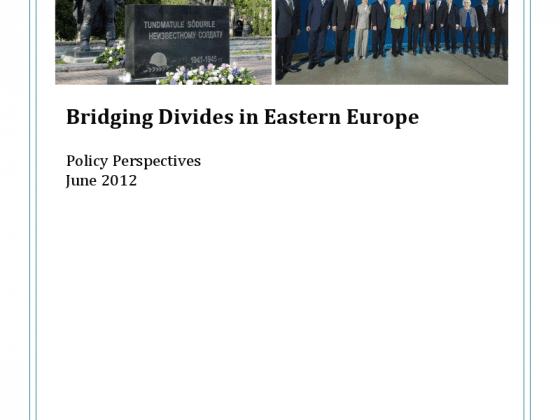Pavel Grachev, the disgraced and widely despised former Russian defense minister, was fond of asserting that the Russian army is "outside politics." Many Russian and Western observers dismissed Grachev's claim as hyperbole at best, palpable nonsense at worst. Surely the military implicated in the failed August 1991 coup attempt and which shelled the parliament in October 1993 cannot be described as "outside politics?"
Yet in a real and important sense Grachev was right: the Russian military is "outside politics." Most Russian officers believe that it is not their job to decide who rules the state, beyond their right as Russian citizens to participate in elections. (Thus when I say outside politics I do not mean to suggest that the Russian military plays no role in the formation of national foreign and security policy. Obviously, the armed forces in all country have this political role.) These normative beliefs are deeply ingrained in the organizational culture of the Russian armed forces. These norms have served as an important barrier to significant military intervention in the last ten years, despite the collapse of the Soviet Union, severe challenges to the army's organizational interests (budget and force cuts, housing and pay problems, etc.), and the continuing weakness of the new Russian state.
The rest of this policy memo explores this basic argument in more detail. First, I look at the military traditions of the Russian and Soviet officer corps in historical perspective. Second, I explain how officers' norms influenced military behavior in the key political crises of the last ten years. Third, I examine some continuities and discontinuities in military organizational culture in the last few years. Although the breakdown of discipline in the officer corps is troublesome, it is not a harbinger of a more praetorian Russian army. […]









